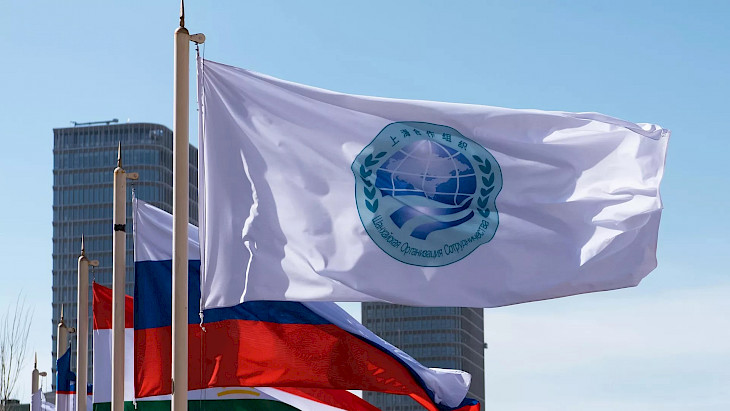During the recent meeting of the Council of Foreign Ministers of the Shanghai Cooperation Organization (SCO) in Beijing, Russian Foreign Minister Sergey Lavrov announced the creation of three new SCO specialized security centers in Central Asia, Sputnik-Kyrgyzstan reports. The initiative is part of the ongoing reform and modernization of the organization’s security cooperation mechanisms.
According to the decision adopted by the Council:
-
Kyrgyzstan will host a Center for Combating Organized Crime;
-
Uzbekistan will establish a Universal Center for Countering Modern Threats, based on the existing Regional Anti-Terrorist Structure (RATS) in Tashkent;
-
Tajikistan will be home to a SCO Anti-Drug Center, focused on tackling illicit drug trafficking.
Lavrov emphasized that “this trio of centers, following structural reforms, will provide additional capabilities for the SCO to effectively combat terrorist threats and illegal migration, which often evolve into extremist crimes.”
He noted that the new institutions will enhance coordination among SCO member states and allow for more rapid responses to transnational challenges. The initiative is a key element in the SCO’s broader strategy to modernize its security architecture and adapt to evolving risks across Eurasia.
While the SCO has long operated the RATS center in Tashkent, the new universal center in Uzbekistan will have a broader mandate—addressing cyberthreats, online radicalization, and emerging biological risks.
Experts believe that placing the new centers in different Central Asian countries will strengthen the SCO’s distributed security model, allowing each hub to focus on its core mission while ensuring real-time information sharing and coordinated action.
The new centers are expected to begin operations in the first quarter of 2026, following final agreements and technical preparations.
CentralasianLIGHT.org
July 16, 2025

